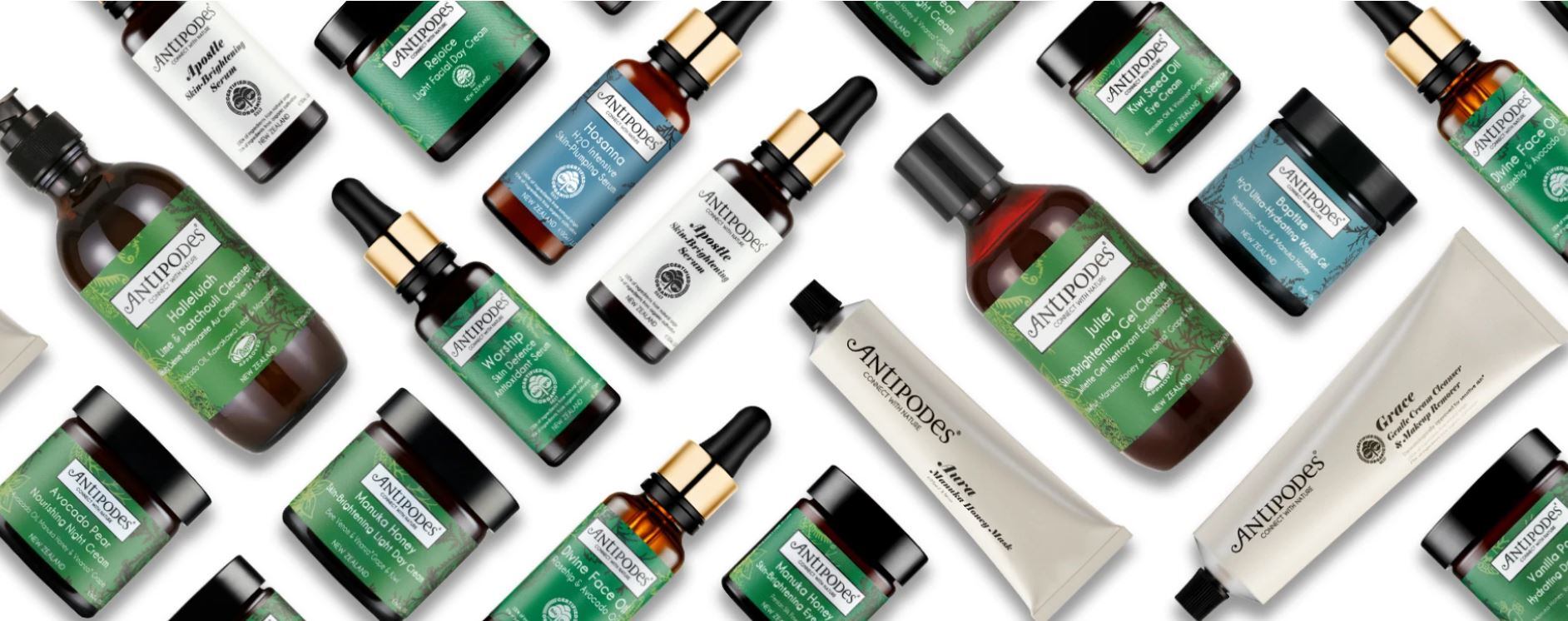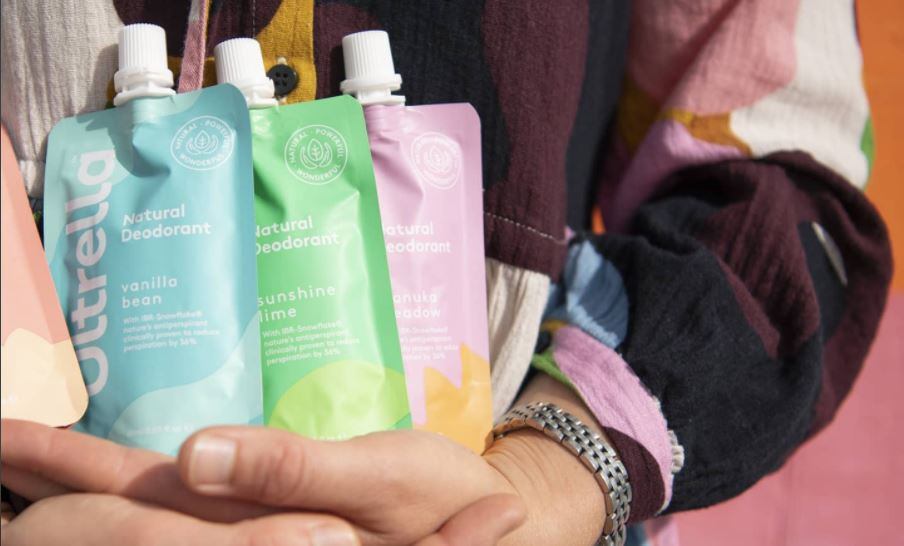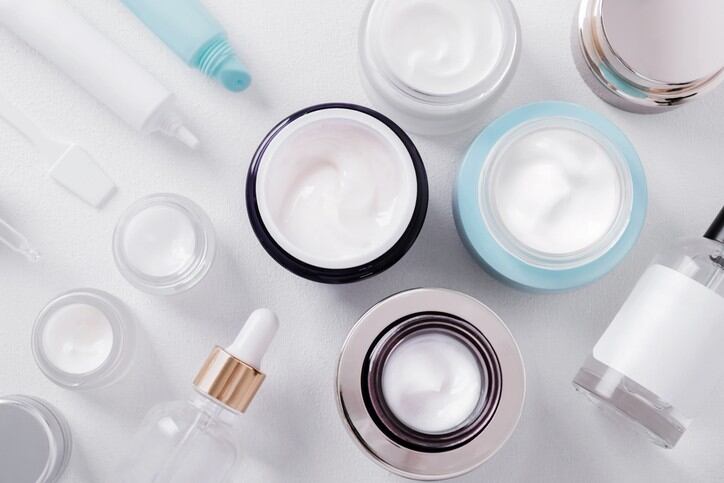The company first entered France three years ago, marketing its products in 80 over boutique luxury retail stores. Now it is looking to expand into the pharmacy channel, of which there are more than 2,000 pharmacies nationwide.
Antipodes products are now available in more than 30 countries, including its home market, Australia, South East Asia, Japan, China (through cross-border e-commerce), USA, Canada, UK and France.
With the pandemic ongoing in certain parts of the world, it has proved difficult to open new markets, hence the company is focusing on protecting and growing its existing markets.
In May this year, Antipodes expanded its presence in Canada, signing a deal with distributor Purity Life to enter natural product stores and pharmacies across Canada. Previously, Antipodes products were available in Canada via Well.ca and Wholefoods store.
Later in June, the company expanded into e-commerce platform Amazon in the US.
The beauty of science
Antipodes has invested heavily in clinical trials and in-vitro tests.
The scientific green beauty brand with its range of organic premium skincare products was founded 15 years ago by Elizabeth Barbalich who wanted to offer customers a natural product with strong science backing its effects.
“The company was established at a time when there was beginning to have some interest in natural products. I realise there was a gap in the market for a natural brand with efficacy, most natural brands don’t have strong science, so I wanted to create formulas that were scientifically proven and 100% natural.”
Barbalich, who is also CEO at Antipodes said the brand is focused on making a clean, organic, effective product and marketed on the premium side.
She added: “We are possibly the world’s cleanest beauty brand from the world’s cleanest country.” All of Antipodes ingredients are sourced locally in New Zealand.
Antipodes is the top selling natural beauty brand in New Zealand, and the top five in Australia.
And while New Zealand and Australia are more developed compared to other countries within the natural beauty space, Barbalich told CosmeticsDesign-Asia that natural products was still a small segment (around 8%) of the total marketplace in New Zealand.
One reason for the smaller market share was probably due to the lack of understanding. “There is limited understand of the definition for natural. Consumers don’t understand the difference between 100% natural (which is what Antipodes is) compared to a brand using natural ingredients (which can be as little as 5% natural).”
According to Barbalich, its best-selling products include the Kiwi Seed Eye Cream and Avocado Pear Nourishing Night Cream.
Exploring the science
Barbalich was adamant on conducting tests on Antipodes’ products, doing this through human clinical trials or in-vitro studies.
In clinical trials, the company test its products on human volunteers, mostly assessing SPF and hydration products.
For in-vitro tests, the company will study human fibroblast skin cells and understand how these cells stimulate and grow type 1 collagen when exposed to Antipodes products.
For instance, its Kiwi Seed Cream (0.005g) was applied on 1mL of cultured human fibroblast skincells to measure how much collagen was produced at 24, 48 and 72 hours compared to the control (skin cells without cream).
At the moment, Antipodes is doing skin hydration tests for two new products scheduled for launch next year.
Doing such tests is always costly, but Barbalich said the company was lucky in receiving a government research grant which helped with the finances and gave the company access to scientists to undertake such tests.
COVID-19 impact
With the COVID-19 pandemic affecting businesses globally, Antipodes was not spared.
Antipodes’ sales were growing at 30% year-on-year before COVID-19 but now anticipates sales to be flat this year.
However, Barbalich is hopeful that consumer demand for its natural products will continue to grow and is expecting a 20% growth next year.
In terms of its supply chain, its packaging (recyclable bottles and aluminium tubs) are imported which proved difficult during this time.
Barbalich said the company resorted to air freighting its packaging which resulted in a nine to 10 times increase in cost.
The team has since grown to about 50 staff in business development, sales and formulation. Its production is outsourced to a contract manufacturer.



